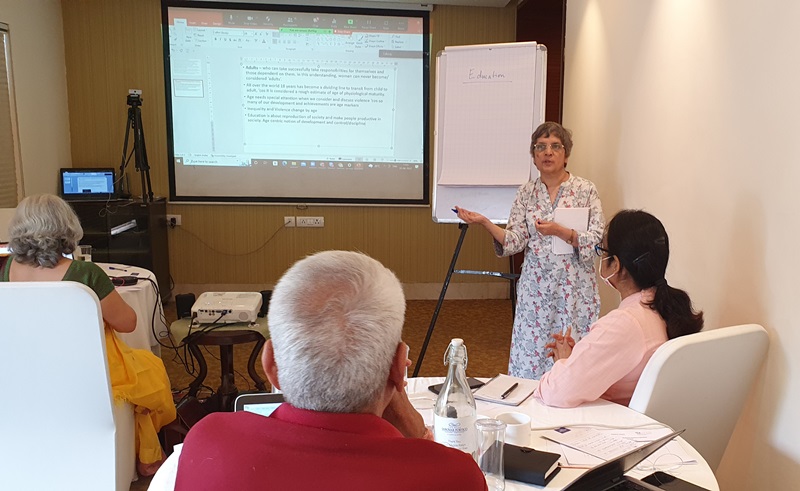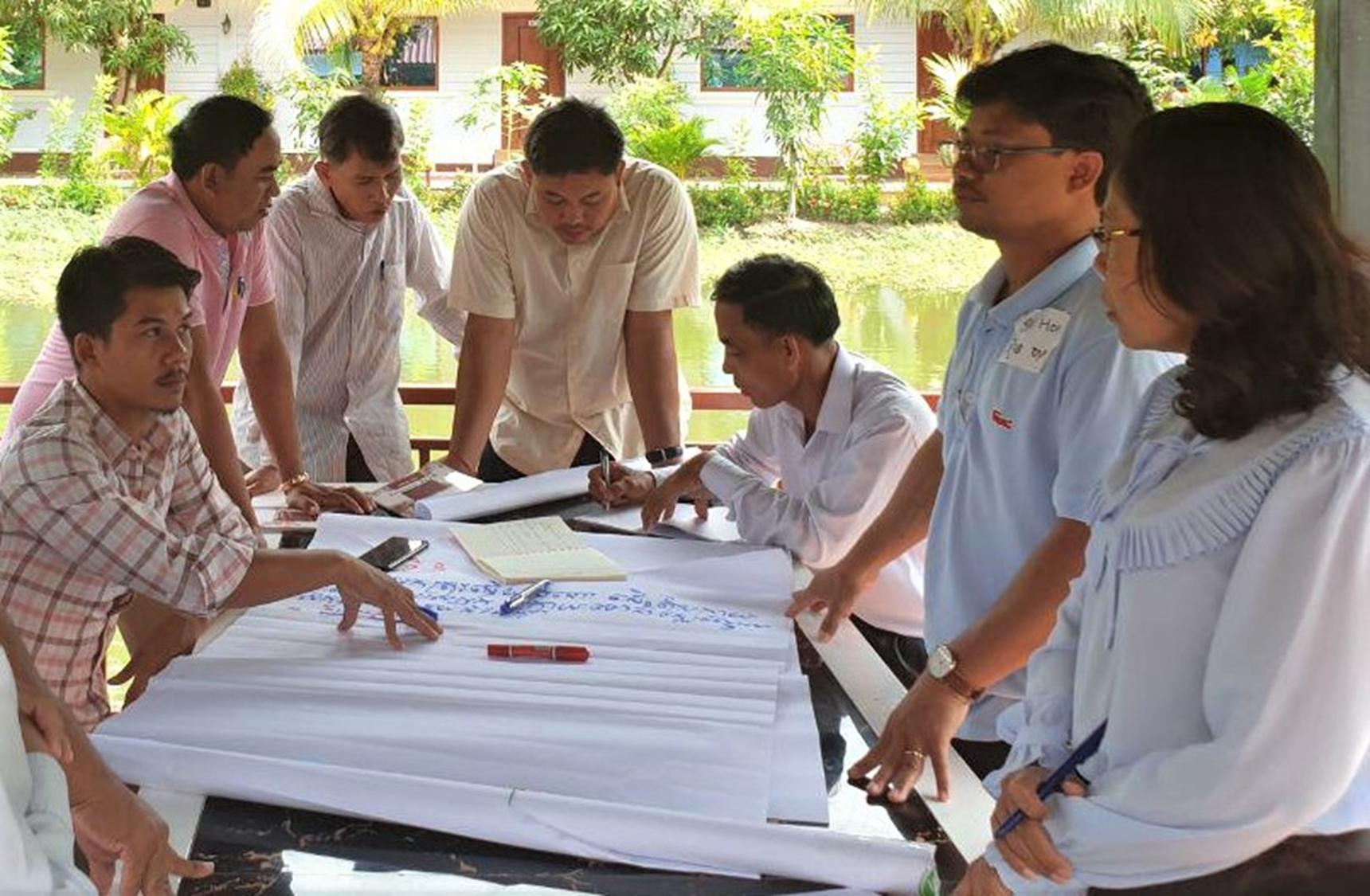
Capacity Building for Youth and Adult Education (ALE) Practice and Advocacy: Training for Transformation (TfT) Programme
ASPBAE’s Training for Transformation (TfT) programme is primarily oriented towards strengthening youth and adult education practice and advocacy, especially to enhance the competencies of practitioners and advocates among ASPBAE's member organisations.
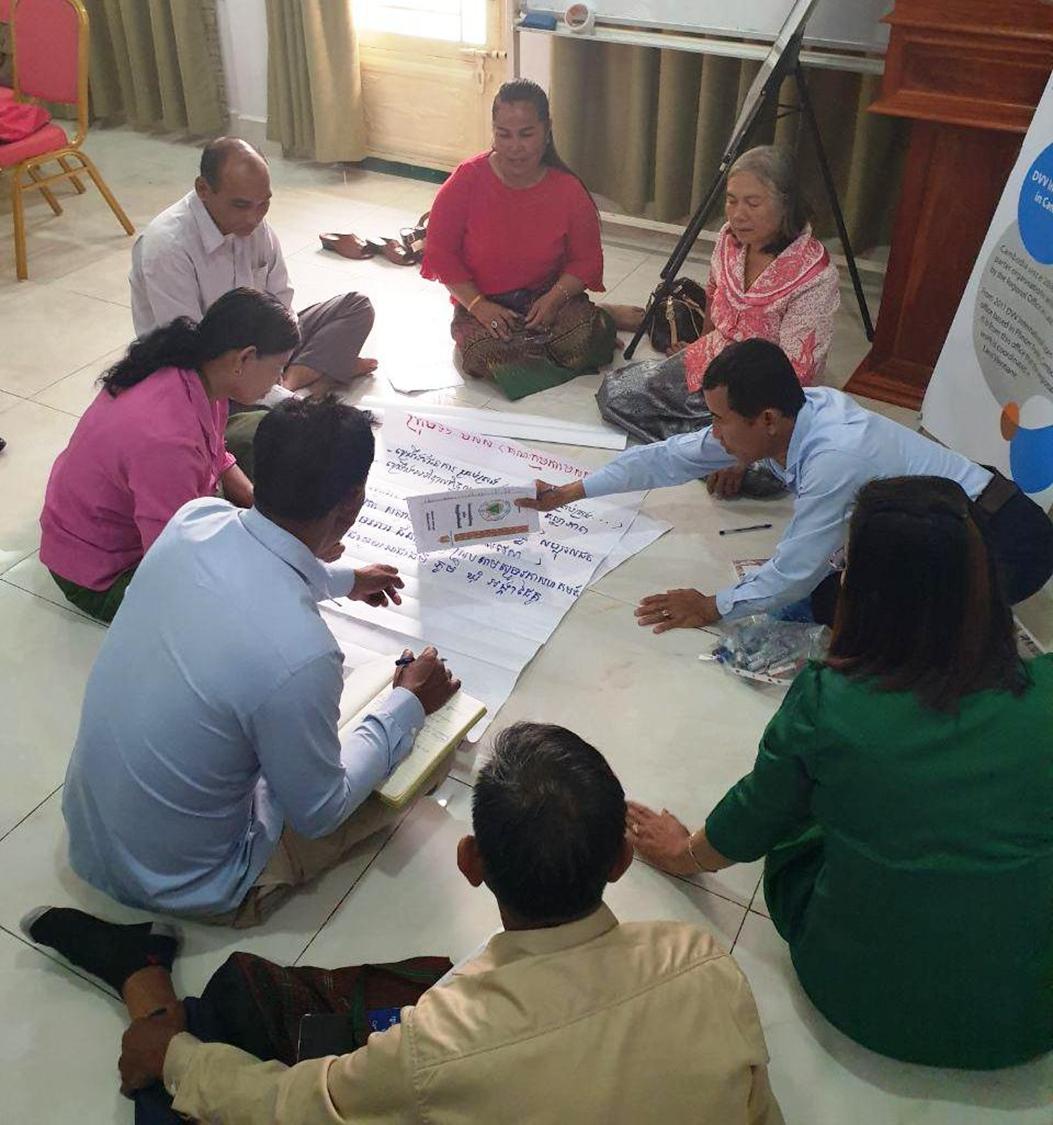
ASPBAE will pursue two distinct yet interrelated tracks in its capacity-building work – one focused on Adult Learning and Education (ALE) advocacy, and the other on enhancing ALE practice.
ASPBAE pursues two distinct yet interrelated tracks in its capacity-building work – one focused on Adult Learning and Education (ALE) advocacy, and the other on enhancing ALE practice.
Capacity building for Adult Learning and Education (ALE) advocacy
ASPBAE organises country level, cross-country/regional on-line, face-to-face, blended capacity-building opportunities for ALE advocacy. These aim to assist civil society organisations in their coordinated ALE advocacy work, deepen understanding on critical policy issues on ALE, enabling them to draw up credible and concrete policy and programme recommendations.
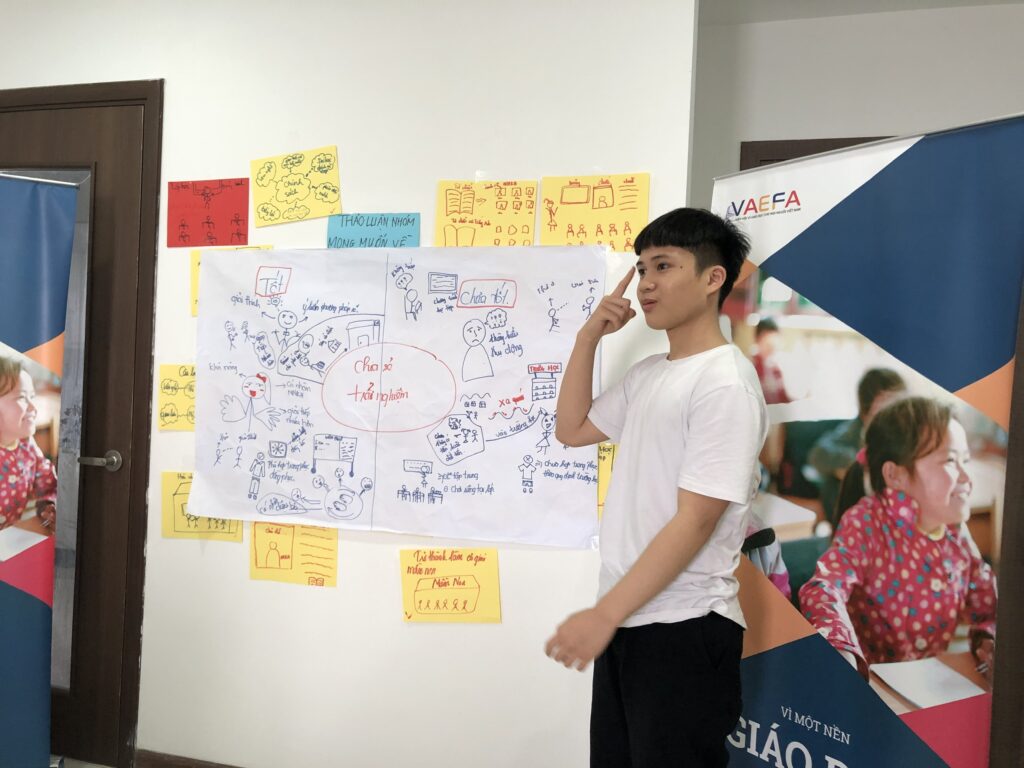
ASPBAE offered trainings and mentoring support to members in 9 countries in the Asia Pacific in their ALE advocacy efforts focused especially in strengthening ALE policies and asserting attention to the learning needs and interests of marginalised communities in ALE programmes run by governments. These members operate in Bangladesh, Nepal, India, Sri Lanka, Indonesia, Philippines, Vietnam, Mongolia, and Kyrgyzstan.
ASPBAE supported its members in 12 countries in developing CSO Spotlight Reports on Adult Learning and Education (ALE) and in their efforts to use the findings as evidence for advocacy especially in the SDG-SDG4 policy processes including the Voluntary National Reviews (VNRs). These countries consist of Pakistan, Sri Lanka, Bangladesh, Nepal, India, Philippines, Indonesia, Malaysia, Vietnam, Japan, Mongolia and Kyrgyzstan. ASPBAE, in consultation with its members, developed the CSO Spotlight Report framework and methodology and offered trainings, where needed, in running the initiative.
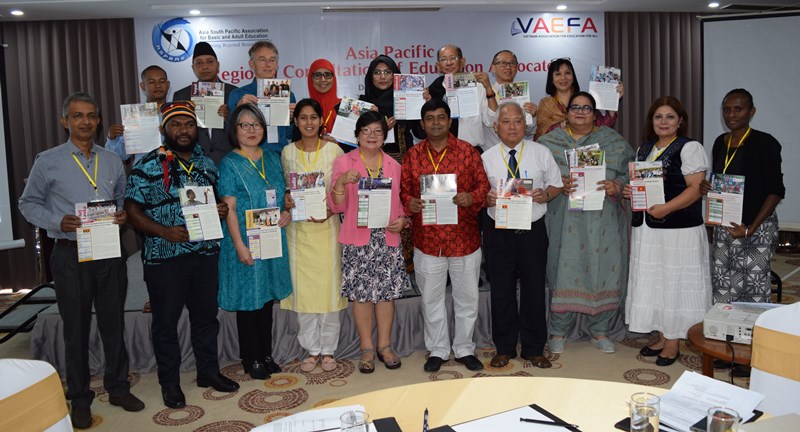
ASPBAE also supported its members in their engagement in the country, regional, and global CONFINTEA VII processes through 2021-2022, disseminating information on the official processes, developing policy briefs, organising consultations to shape CSO analysis and inputs, submitting CSO position papers, amongst others. ASPBAE is poised to support them further in the CONFINTEA VII follow up processes down the line.
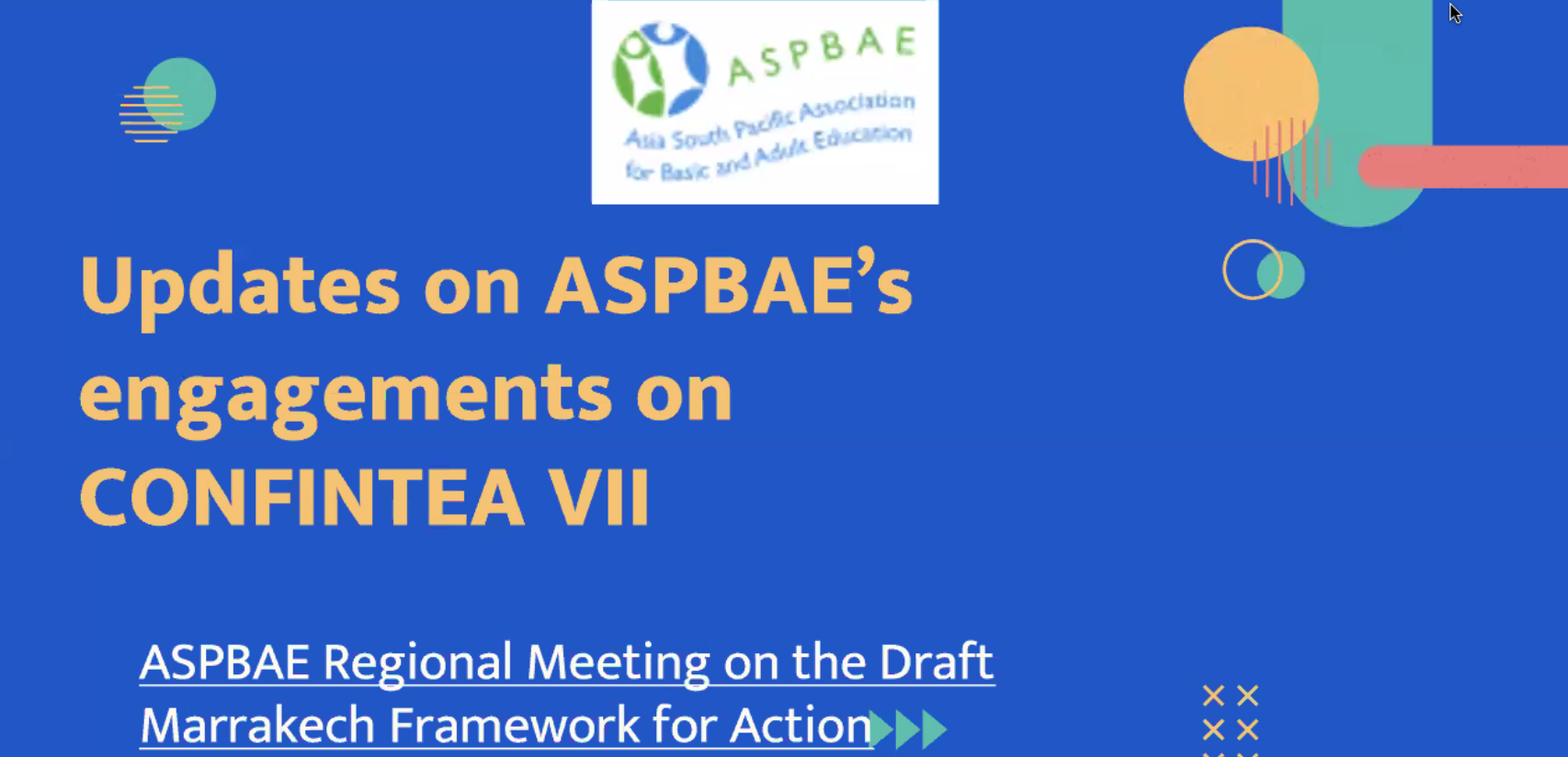
While capacity support offered by ASPBAE is context-based and demand-driven, ASPBAE also provides support in areas that have been seen to be important in scaling up ALE advocacy efforts of CSOs in the region. Promoted especially through regional/sub-regional trainings, these include competencies in addressing ALE data gaps in policy development, in strengthening delivery systems for ALE, notably through Community Learning Centres (CLCs), and in building more robust Recognition, Validation and Accreditation (RVA) systems of non-formal, informal, and formal learning, attentive to issues of quality and equity.
Capacity building for ALE practice
ASPBAE provides capacity support to further enhance ALE practice that is especially attentive to the learning needs and interests of marginalised and vulnerable communities in the Asia Pacific.
The main platform for this is ASPBAE’s annual Basic Leadership Development Course (BLDC), which seeks to bring together emerging country and regional leaders in ASPBAE’s membership to learn from each other’s rich experiences in ALE practice and to offer a space to expand their appreciation of ALE policy work. It pursues a BLDC Tracer Study initiative which aims to track and document the BLDC alumni’s application of their learnings from the BLDC, especially with respect to how they support the SDGs and SDG4. The Tracer Study facilitates knowledge sharing on ALE and lifelong learning themes among the BLDC alumni.
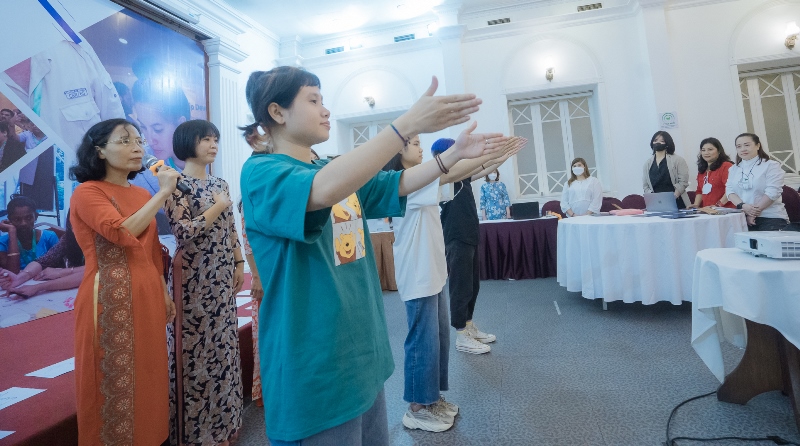
ASPBAE has been attentive to leveraging members’ own training and capacity building initiatives as sites and extensions of ASPBAE’s capacity building initiatives. It sustains online ‘communities of practice’, showcasing innovations in youth and adult education practice that can inspire shared learning, replication and possible scaling up. The BLDC Tracer Study contributes strongly to this effort.
ASPBAE has a strong membership base advancing gender equality and women’s empowerment. It counts several very strong women’s organisations in its membership, and indeed in its leadership. ASPBAE works to ensure that its commitment to gender equality is concretised in all aspects of its work and functioning, in its policy priorities and positions, and in sustaining gender-balanced participation of women in ASPBAE’s leadership and capacity building programmes.
It draws on the competencies available in its membership to strengthen ASPBAE’s focus in advancing the learning needs and interests, especially of marginalised women. ASPBAE will build on ongoing efforts and norms where in all its training and study exchanges, gender equality is a strong, constant component in content.
